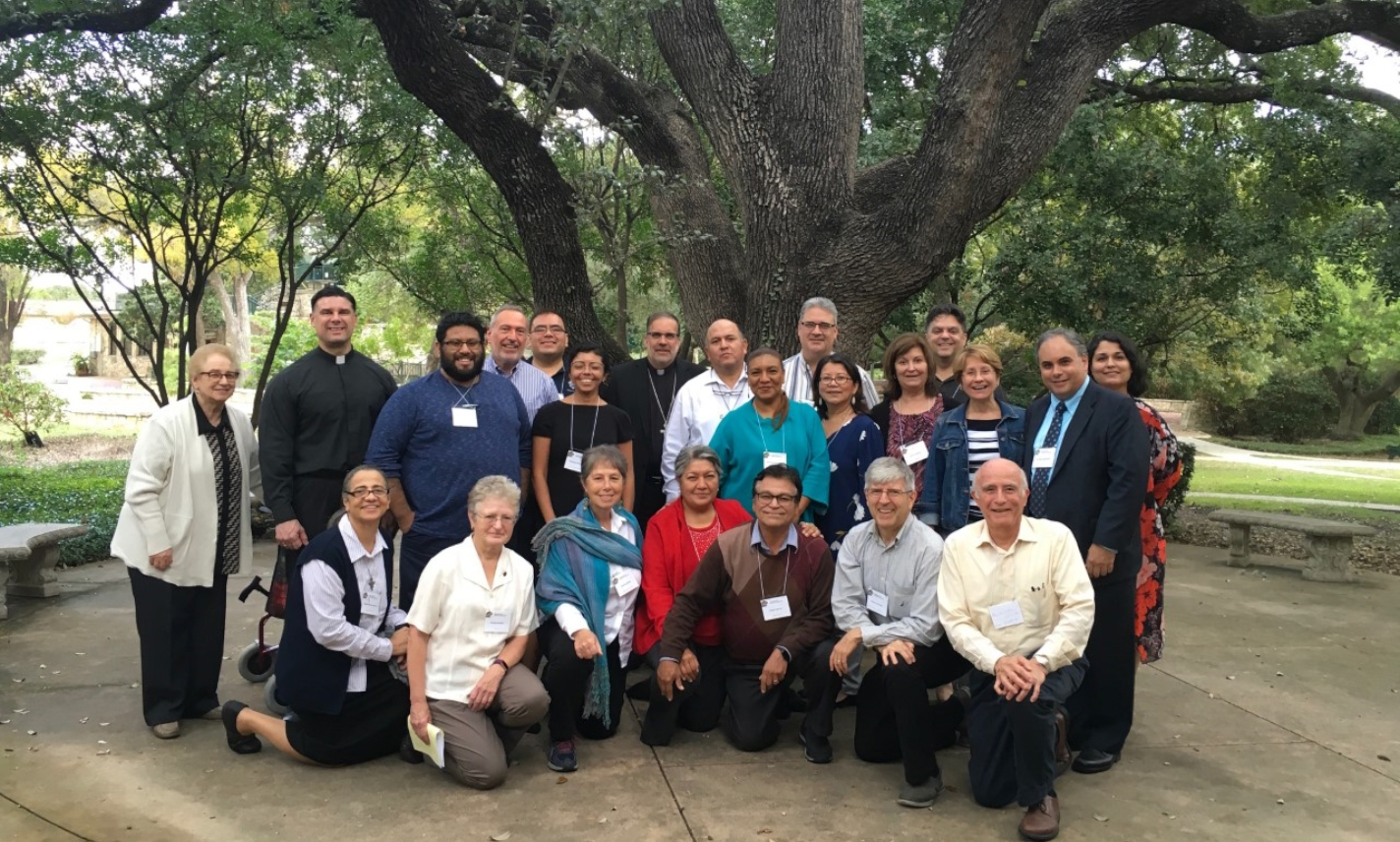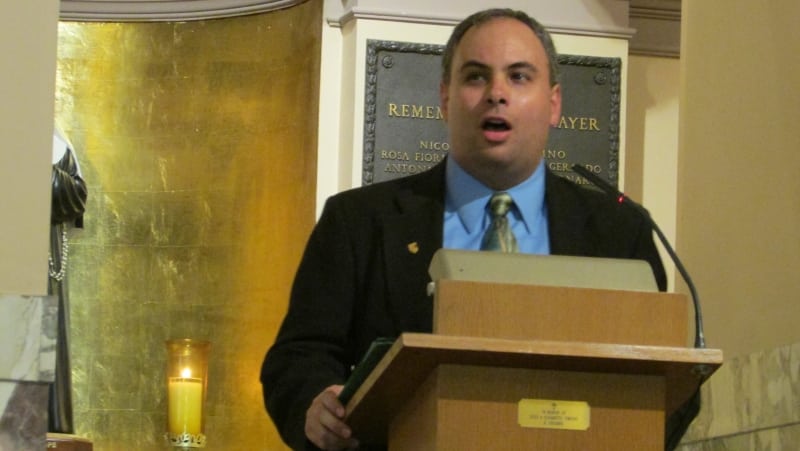Memorial of the Queenship of Mary | August 22, 2020
You could be forgiven for being confused by today’s memorial celebrating Mary as Queen of Heaven and Earth. That’s especially true if you recall that last Saturday was the celebration of the solemnity of the Assumption of Blessed Mary into heaven. After such a major feast, why do we need another memorial to Mary celebrating what seems to be the same thing?
Pope Pius XII, who defined the teaching of the Assumption of Mary as dogma and also established this feast in the 1950s, may have had many reasons for doing so. And yes, one of those certainly was – at that time of strong Catholic hatred of Protestants – to highlight Catholics’ devotion to Mary, in contrast to Protestants’ de-emphasis of her. It may have further divided us as Christians, but hopefully as ecumenism has helped heal those wounds of division, this celebration can also serve to be a renewed source of unity.
For this feast of the queenship, which is observed in some form even by our Anglican and Lutheran brothers and sisters, is again about Mary’s relationship to Jesus. As Jesus is king and ruler of the universe, his mother, Mary, is related to him as queen. This follows from the teaching of the ancient Council of Ephesus which declared Mary to be the “Mother of God.”
In the Eastern Orthodox tradition, which has also had a great historical devotion to Mary, she is recognized frequently under the Greek title “theotokos” or God-bearer.
God-bearer / Mother of God. Mary – always inseparable from the divine work and gift of her Son.
The readings for today’s liturgy lifts up both images and values that the church has connected to Mary.
In the first reading the prophet Ezekiel sees God’s glory fill the temple, just as the Holy Spirit overshadowed Mary, and God took flesh in her womb. God gives Ezekiel a reassuring sign – he is seeing this marvelous vision of God’s temple in Jerusalem restored – all while he is sitting with the remnant of Israel exiled in Babylon! He is as FAR from God’s glory as he thinks he can get! But no distance is too far for God! God promises him hope of a new beginning, and says he will dwell with the people forever.
God fulfilled that promise to the ancient Israelites, and completely for us in Christ, who is risen, and whose Spirit animates the whole church – the People of God – to this day.
And in the Gospel, Jesus warns against religious hypocrisy, which he criticizes in some of the Jewish authorities. How does this possibly relate to our Blessed Mother?
Some scriptures scholars – not a few of them women! – remind us that growing up, Jesus must have learned many things from Joseph, his father, and also Mary, his mother about God, life, faith and values like compassion and justice. Perhaps Mary’s influence is found in Jesus’ emphasis on genuine love for others as an expression of love of God. Perhaps he was sensitive to the burdens people carried – literally and figuratively – and so became upset at those who added burdens to people instead of helping them lift them, as he criticizes the leaders for doing here. Maybe he learned that titles often get in the way of relationships with others and make people think they don’t need God quite so much.
I wouldn’t doubt that Mary taught her son the values of compassion, goodness, holiness, justice, and fidelity that he displayed throughout his life. And I think Mary lived those values too. In this way she was a “God-bearer” too – and continues by the example we have of her own life of courage and fidelity – to mirror for us how we, too, can become “bearers of God” in our lives.
Let us pray for the courage of faith to be like the Mother of God, bearing Christ to one another and in our world.
God give you peace!
+ + +
As Director of Certification for Ecclesial Ministry and Service at the United States Conference of Catholic Bishops (USCCB), I have the opportunity to record video reflections on the readings of the Scriptures proclaimed at daily Mass. I do so as part of larger group of colleagues at the Conference, along with lay and ordained leaders from around the country. I am grateful for the opportunity to reflect on the meaning of the readings for the life of faith today and to share them here, along with the written text of the reflections. To view these video reflections for past and upcoming celebrations of the Eucharist, visit the USCCB website.


 Request Dr. DelMonico's professional services for a liturgical, ministerial or leadership consultation, or for an academic or public presentation.
Request Dr. DelMonico's professional services for a liturgical, ministerial or leadership consultation, or for an academic or public presentation.